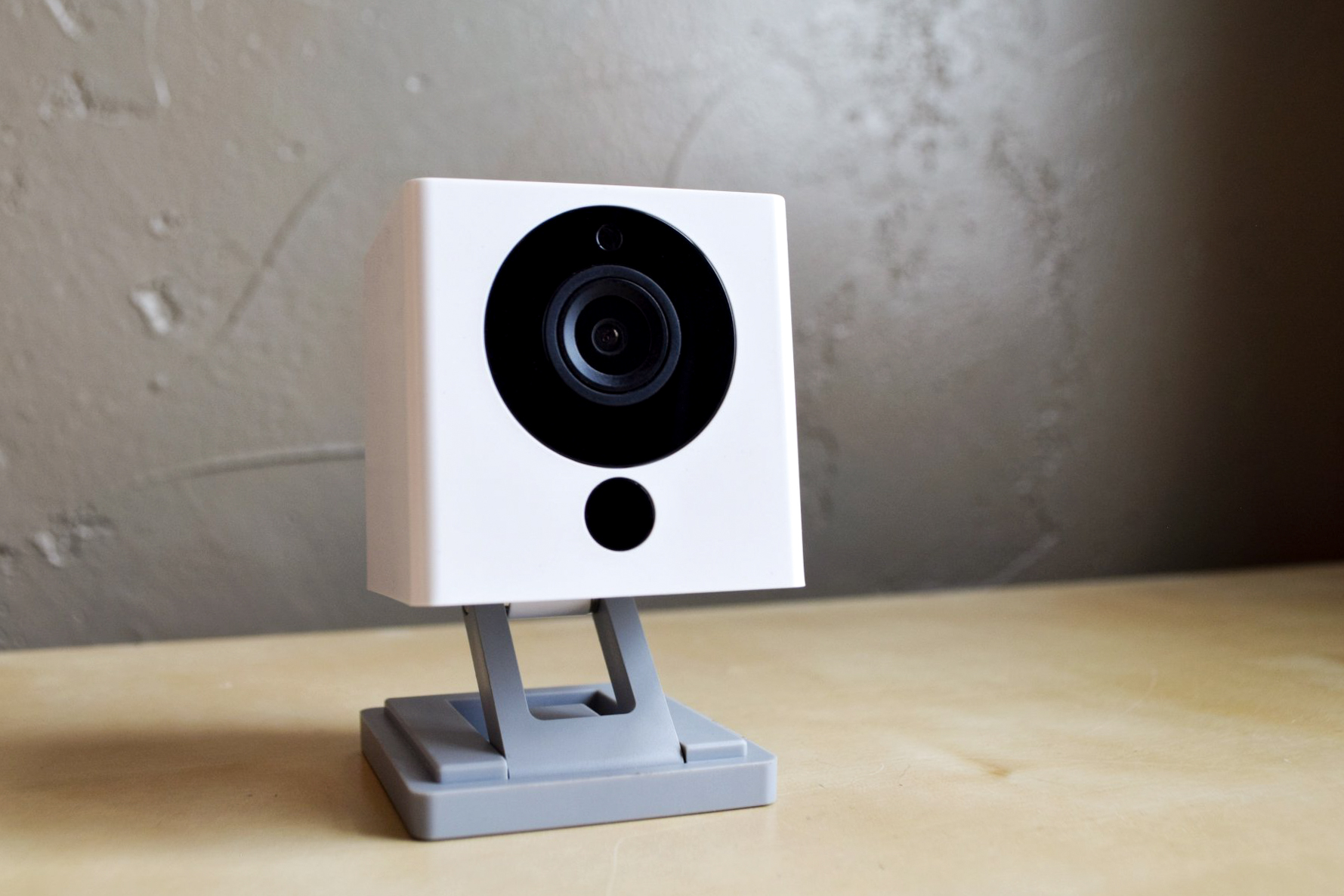Views expressed in opinion columns are the author’s own.
While crime is commonplace in this nation, nothing can desensitize me to the cruel, senseless murder of a child. Unfortunately, one such murder has recently taken place in Prince George’s County and has caused county politicians to re-evaluate security measures.
The death of Jayz Agnew, a 13-year-old who was shot by an unknown assailant right in his front yard in November 2022, has sent county politicians reeling for answers on how to prevent these crimes in the future.
In response, some Prince George’s County politicians introduced an ordinance that would provide residents with subsidies to purchase private security cameras to monitor their homes and neighborhoods.
While some may see this as a predatory move by the police to gain unimpeded surveillance in high-crime areas, the truth is this policy helps people who are worried about being victims of crime in their homes protect themselves. Unequivocally, providing subsidies for private security cameras is a policy that will promote the safety and well-being of Prince George’s County residents.
As this policy has grown more prevalent across the country, many have expressed concerns about the police using their cameras to increase surveillance on poor, minority communities, but there is nothing inherently predatory about the policy. Residents are free to choose whether cameras are placed in and around their homes, meaning only people who want cameras will receive them. Those who fear surveillance and discrimination can choose not to participate.
Furthermore, owners have the right to choose whether to release footage to the police to aid in an investigation. This means police can’t use these cameras as a backhanded ploy to spy on residents.
Additionally, there are concerns about how much these camera rebates will cost taxpayers. Because these cameras cost about $200 each, if a small fraction of this county’s nearly one million residents choose to buy a camera, there will be a hefty bill to pay. While this cost could be concerning, it is far more efficient than having the county install surveillance cameras that cost $12,000 to $15,000 each, not including the manpower needed to maintain these systems. Subsidizing private security cameras is the most cost-effective way to protect this county’s residents.
While many large cities across the country have implemented policies to subsidize private security cameras for residents with varying levels of success, there is one city I’d like to focus on: Washington, D.C. The results its residents are seeing from this policy have a few important insights this county should utilize to develop a law that will maximize the positive impact of camera subsidies.
One troubling inefficiency of the policy in Washington, D.C., is that the communities with the highest crime rates had the lowest adoption rates. The problem is the city only provides rebates for the expensive installation process while hanging residents out to dry with camera service fees and internet costs to maintain a live feed.
These maintenance costs can make it difficult for low income people to justify installing these cameras even if they are inclined to get one. Instead, communities in the process of being gentrified were most likely to have these cameras because wealthier people moving into these communities have the means to pay the necessary expenses to maintain their cameras.
While it’s good that gentrified communities are gaining more incentive to protect themselves, for this policy to be successful, the high-crime communities without as much money need to see an uptick in adoption rates as well. This county should provide short-term subsidies for maintenance and service fees associated with the cameras. Doing so would allow lower-income residents to see the benefits of having a surveillance camera without taking on a tremendous financial burden.
Furthermore, there is likely an information gap about this policy among the poorest parts of the community. Thus, it is crucial that if Prince George’s County decides to implement this policy, the county’s council must actively promote it in the areas of highest crime.
Yes, Americans’ right to privacy, while not specifically mentioned in the constitution, is a crucial founding principle in this nation. And people do have the right to be worried about laws that expand the purview of the government’s ever-watchful eye.
However, subsidizing security cameras does not infringe on our privacy. If people want affordable access to an effective mode of protection and crime prevention, we shouldn’t stop the government from incentivizing it. In fact, this government should be doing everything in its power to expand access to these technologies. Hopefully, these cameras will prevent horrific crimes such as the killing of Jayz Agnew from occurring again. And if not, at least they will help bring perpetrators to justice.
Ravi Panguluri is a sophomore computer science and statistics major. He can be reached at rpangulu@umd.edu.



